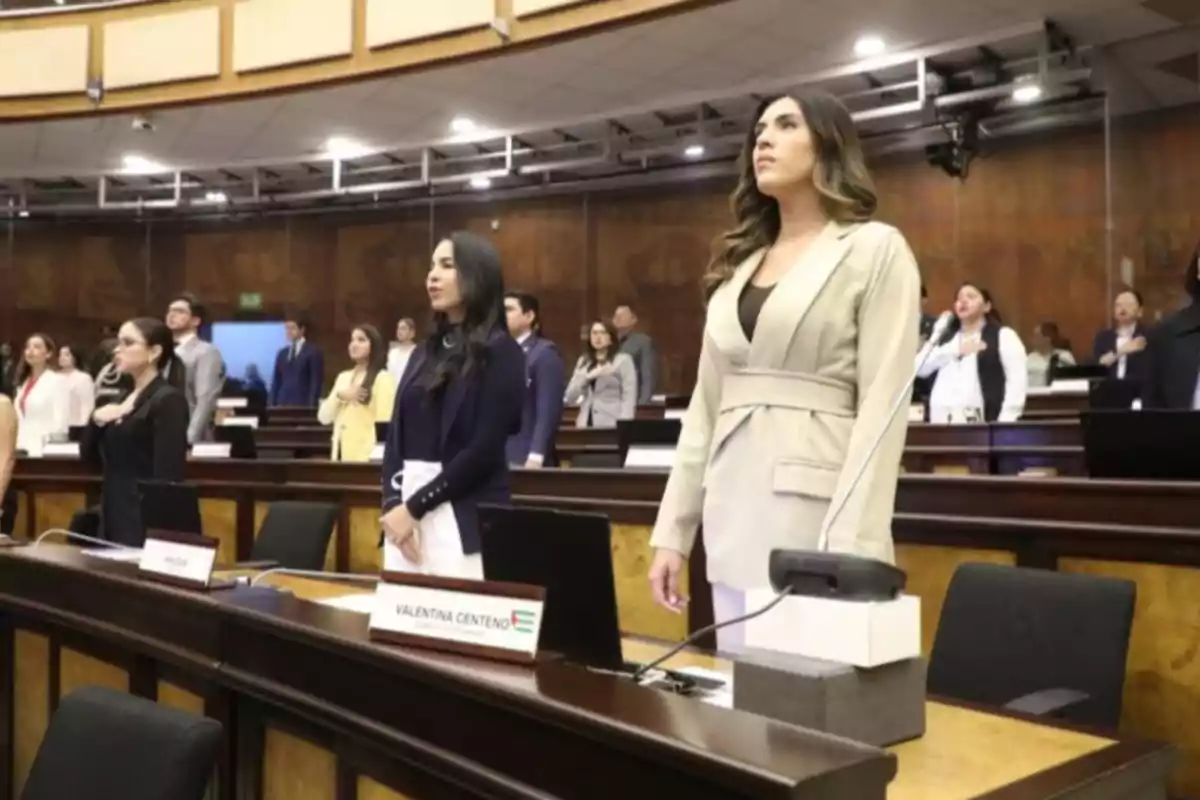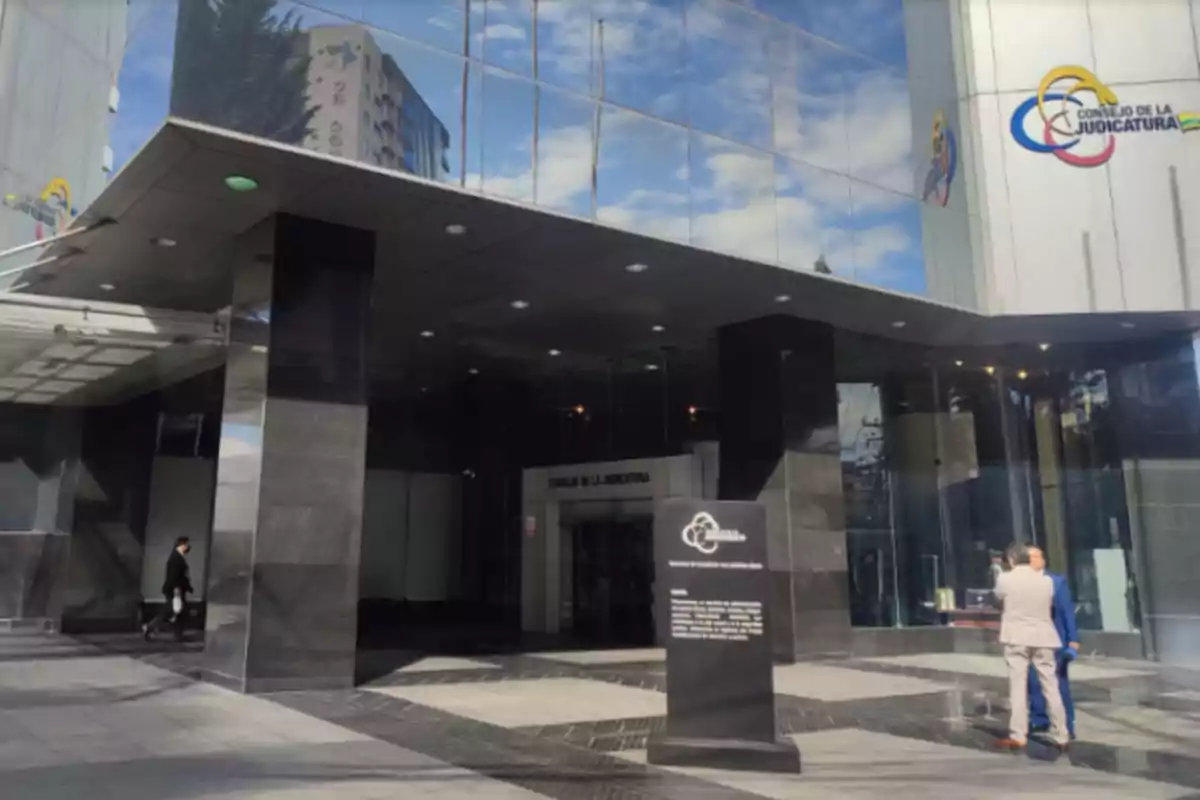
The new judicial emergency has reignited fears of political interference in the justice system.
The Public Integrity Law approved by the Assembly grants extraordinary powers to the Judiciary Council
The National Assembly approved the Public Integrity Law on June 24, 2025, a regulation presented as an urgent economic matter. The law includes reforms to the Organic Code of Judicial Function (COFJ) that have raised concerns about possible excesses in the administration of justice.
One of the most debated changes was the inclusion of Article 269.1, which authorizes the Judiciary Council to declare a judicial emergency without a defined time limit. This provision grants the body broad powers that could weaken the principles of judicial stability and transparency.
With this reform, the Council will be able to carry out emergency procurements, reassign budgetary resources, and apply a special regime for entry into the judicial career. The reform also contemplates the early evaluation of judges and prosecutors, without explicit guarantees of institutional independence.
This mechanism enters into force while the members of the Judiciary Council have remained in extended terms for more than 140 days. The lack of definitive appointments by the Citizen Participation Council reinforces the fragility of the system.
Currently, the Judiciary Council operates with only three members: Mario Godoy, Yolanda Yupangui, and Solanda Goyes. The absence of representatives from the Public Defender's Office and the Assembly prevents plural representation. In addition, Goyes is facing a political trial promoted by the ruling party that could leave the body without a quorum.

The history of the Ecuadorian judicial system already includes several "emergencies" declared in previous periods. During Rafael Correa's government, the Judiciary Council was dissolved and a transitional one was installed, which laid the groundwork for direct state intervention in the judicial system.
In 2018, Lenín Moreno's government repeated the process through a popular referendum that resulted in the creation of the transitional Participation Council. That period ended with the dismissal of members such as Gustavo Jalkh for lack of legitimacy, as well as multiple resignations, legislative censures, and judicial proceedings against outgoing members.
Wilman Terán, Xavier Muñoz, Ruth Barreno, and Juan José Morillo are among the former members who faced judicial cases or admitted links to corruption networks. These backgrounds undermine public trust and demonstrate the persistence of structures vulnerable to organized crime.
The new Public Integrity Law promises to tackle corruption and reorganize the Judicial Function, but its implementation under an extended structure and with exceptional powers poses the risk of repeating the mistakes of previous interventions. Recent history shows that judicial emergencies, if not carried out with transparency and legitimacy, can lead to greater instability and public distrust.
More posts: